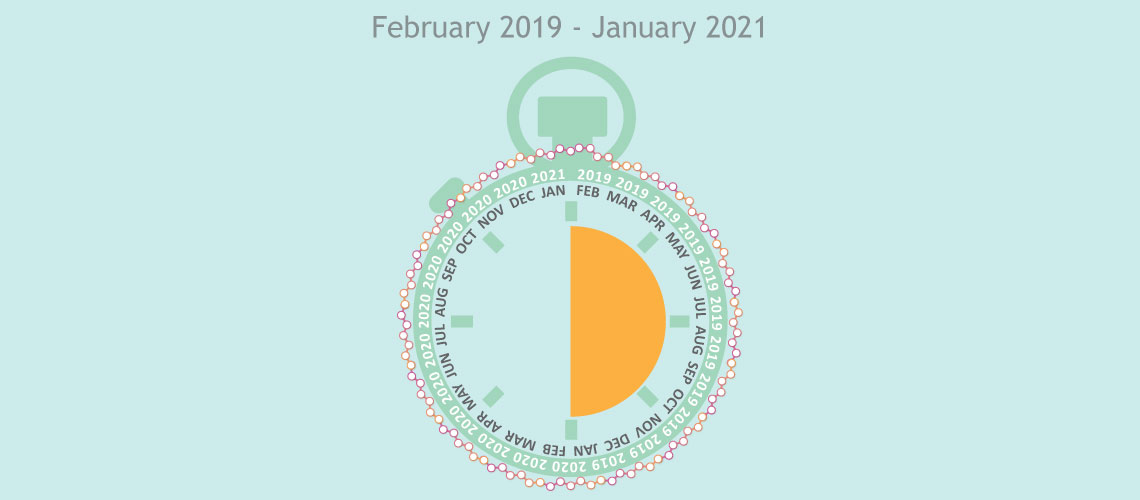Since the launch of the EU4Justice project on 1 February 2019, the team in Sarajevo has so far been assisted by 18 European Experts from three different countries in a willingness to build trust with the projects’ beneficiaries in a challenging period for the justice sector in Bosnia and Herzegovina (BiH). Each and every implemented activity reflected our joint commitment to highlight important topics for the judiciary with a marked focus on ethics and integrity, the management and monitoring of prosecutors to strengthen the efficiency of investigations on corruption, and disciplinary matters.
The ultimate goal for the judiciary in BiH is to achieve sustainable tangible results in the fight against corruption and high-profile financial investigations involving judicial decisions on seizure and confiscation of criminal assets. Responding to this challenge, the project promotes an interdisciplinary approach between prosecutors and law enforcement agencies that enables them to more efficiently trace illicit assets and enables the prosecutors to raise indictments that will lead to convictions. Both the EU experts and the project’s beneficiaries acknowledged that the lack of cross-disciplinary work and insufficient international cooperation in judicial matters benefit only the criminals, while seriously undermining the rule of law. So far, we are on the right track to move forward with our beneficiaries in tackling some of the above-mentioned issues identified by the independent senior experts’ Report on Rule of Law Issues in Bosnia and Herzegovina published in Brussels on 5 December 2019.
We have been working with the entire justice sector in criminal matters in BiH with a focus on the exchange of experience with prosecutors during the first year. Above all, we value a peer to peer approach between practitioners from BiH and the EU. This allows each of them to observe their own legal system through the magnifying glass of others’ experiences and in turn makes what needs to be done clearer for everyone.
Among our activities during the first 28 expert missions, 9 round tables dealt with case studies on high-profile financial investigations, investigative methodology in disciplinary matters involving judges and prosecutors, good practices on the organisation and the role of court experts, and the influence of the case-law of the European Court of Human Rights in Strasbourg on the jurisprudence of criminal courts in the Federation of BiH.
The following activities will be implemented soon with support from local expertise:
- Exchange of experience on “Communication of Prosecutors with Media and Public”;
- Strengthening the rights of plaintiffs and victims;
- Developing protocols on management and monitoring of prosecutors based on the EU experts’ recommendations, in consultation with members of the High Judicial and Prosecutorial Council;
- Promoting ethics and integrity along the entire chain of the judiciary through discussions, workshops and case studies;
- Strengthening initial training for newly appointed prosecutors by focusing on mentorship principles;
- Upgrading the operational approach to complex financial investigations based on case studies;
- Analysing the gaps and needs in the functioning of Agencies
for Seized Property (AROs) in the Federation and Republika Srpska; workshop on
seizure and confiscations of criminal assets; and
- Taking further steps in setting up an IT pilot project to
interconnect the case management system of prosecutors’ offices (TCMS) with the
police IT system.
In order to build a transparent and reliable justice system in Bosnia and Herzegovina, it is of vital importance that all the actors involved play their roles in line with their respective powers.
I am also convinced that success in the fight against corruption cannot be achieved without the involvement of civil society and media.
Sarajevo, 16 January 2020

Isabelle Arnal, Team Leader
Magistrate






